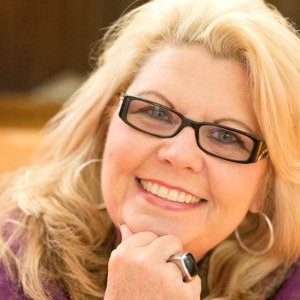Today we receive advice from a friend's personal and professional experience. This post is based on a chapter written by Julie Owens in the book Beyond Abuse in the Christian Home: Raising Voices for Change. Julie's list represents decades of work with victims of domestic violence as well as personal experience from her own past.
What I wish Pastors had known when I was looking for help.
- What domestic violence IS – “A pattern of coercive, controlling behavior, exercised by one intimate partner over the other”; a belief in the right to absolute power and control; not just physical abuse, hitting, etc. Anyone can be a victim. Usually women are the victims, but men can be victims, too.
- What domestic violence IS NOT – not a “marriage problem” or “communication problem”, it’s not caused by anger, stress, alcohol/drugs or sickness (mental illness)
- How to screen/assess for DV signs – in pre-marital counseling, marriage counseling, family counseling, all interactions with couples. Possible signs: He won’t let her talk in counseling; he tries to control where she goes and what she does, he always wants to be with her; she may cancel counseling appointments if he can’t come too; He may “bash”/badmouth her to you, try to convince you she is the one with the problems, he may threaten to take the children from her; she may have bruises or unexplained injuries; she may seem depressed; she may use drugs or alcohol to cope.
- To assume that victims are telling the truth - because usually they don’t talk, and when they do, they minimize (not exaggerate). There is usually no value in lying, because she is usually blamed when she does tell the truth; Even if she is the one that’s been arrested, don’t assume she’s not the victim!
To NAME the abuse - to call it what it is, educate her and not minimize.
To maintain her confidentiality - to not confront or involve the abuser without her clear permission or without warning her
To maintain safety as the highest priority – to make sure she has a safety plan in place and knows about all of the local resources for abuse victims; to put her in touch with other victims and survivors who can provide support; to encourage the use of safe shelters vs. family homes if the danger is escalating.
To avoid marriage counseling if abuse is occurring – marriage counseling assumes equality & safety; it assumes that this is a mutual “relationship problem” which can be fixed by both persons working on it, rather than one person’s abuse/violence problem; victims may be beaten for telling the truth; marriage counseling may keep the couple stuck in the tension–building phase of the “cycle of violence” for longer, but will not prevent the next (worse) episode.
To not assume that because there has been no overt physical violence yet, that it is not likely – the worse abuse & most murders occur at or after a separation.
To validate her feelings, respect her wishes & support her decisions – even if you don’t agree with her; she will come back to you later for help if you are non-blaming.
Julie Owens is a survivor of domestic violence who has worked in the field of violence against women and women's empowerment since 1989. She has founded a hospital DV crisis response team, a transitional shelter, advocacy groups and training programs. She has worked with trauma survivors and addicted survivors, and was a research co-investigator, project director and trauma therapist on studies at the National Center for PTSD. Learn more about Julie at www.domesticviolenceexpert.org

